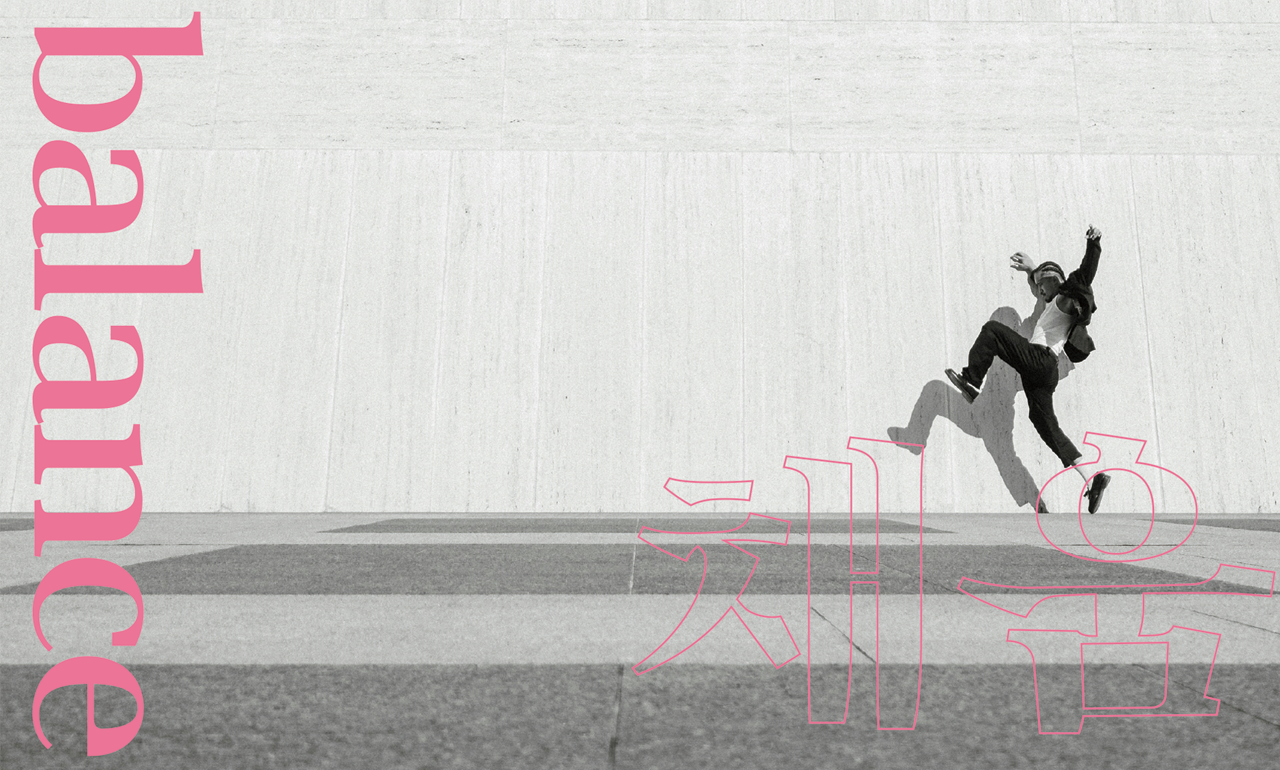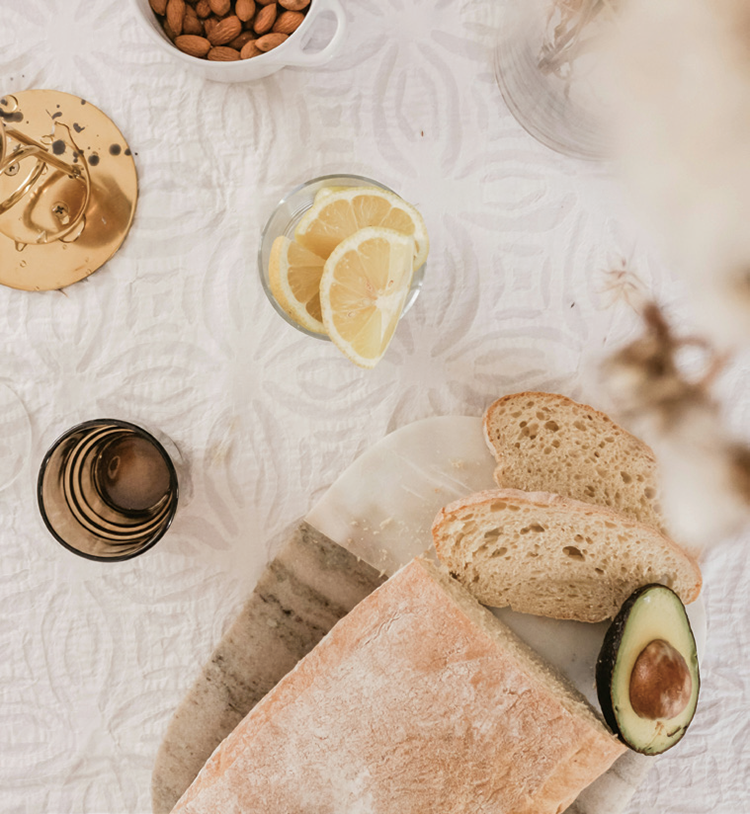Daily Contemplation
A Balance Between Filling and Emptying
📝Text by. Sin-sik Kim, Sociologist of Emotions

Life from the Perspective of Filling
Minimalism, living a simple life, practice of emptying the mind, sorting out emotions and feelings, clearing the brain…These are some of the ways to simplify life and clear your life of physical and emotional clutter, which has been the focus of the self-development trend in recent years. I, too, have followed the social trend when necessary and benefited from it. However, I still find myself dwelling on the value of “filling” in life that may be relatively downplayed amid the growing focus on “emptying.” In this context, it seems necessary to look back on our lives in light of “filling.” It is far from an attempt to prove which one of these two concepts is superior by pitting one against the other. Rather, the intention is to show “emptying” and “filling” as two different approaches to life that are inseparable. People constantly try to fulfill five desires from birth to death.
First, people want to learn. People seek to grow by learning and acquiring knowledge. In order to achieve inner growth, it is crucial to approach life with a learning attitude every single day.
Second, people want to have money. People engage in economic activities every day to meet food, clothing, and shelter needs. Being obsessed with money is not desirable at all. In reality, however, people are more likely to care for others when they are financially stable. That is why there is an old saying, “charity begins at home.”
Third, people pursue their own styles and tastes. Once their life becomes financially stable, people start looking for ways to fulfill their desire to show who they are. They spend time exploring a lifestyle that can best demonstrate their identity. In other words, they want to tell others, “Look, this is who I am.” This is what I call “discovery of tastes.”
Fourth, people want to connect. Excellent ideas and beautiful things lose their attraction if they receive no attention from people. Humans fill their lives with the value of relationships as they interact with others. People look for romantic partners on dating apps, join a jogging club to run with others even when they can do it by themselves, post photos of hot places they visit, or peek into the lives of others on social media. All these experiences make them realize that it is inevitable to interact with others and form relationships with them, although they sometimes get fed up with relationships that become too close and invasive.
Fifth, people want to fulfill their emotional needs. People fill their lives with learning, money, personal tastes, and relationships to fulfill their specific emotional needs. This is probably the ultimate purpose of all the things they do. From childhood to old age, we learn through what we see, hear, and feel how important it is to fill our lives with a sense of happiness. And we expect, hope, and dream that moments of happiness will come to us as we picture them in our mind.
Interestingly, people also think of negative emotions on the opposite end while they want their life to be filled with positive emotions such as joy and excitement. For example, when our life is peaceful and happy for a while, we hope it remains so; on the other hand, we begin to torture ourselves by thinking, "Do I really deserve to be as happy as I am now?" or "Something bad may happen soon." When we are extremely happy, we also feel extremely insecure and worried at the same time. This psychological phenomenon is called “hedomasochism.” These mixed feelings can drive us to a highly vulnerable, precarious state of mind. On the other hand, they remind us that “the good comes with the bad,” thereby giving us a sense of relief, knowing that we can look ahead to the future and prepare for possible misfortunes.

As much as balance enriches our lives, embracing conflicts can add a whole new dimension to our life in a way that we have never imagined, becoming a unique, fun way of achieving something unexpected in life.
Ironically, the more you empty yourself, the more you get filled.
We are sometimes drawn back by the emotions that we think we should rid ourselves of and realize that it is not bad at all to be filled with such emotions. We experience the irony of emptying and filling. Furthermore, we also learn that emptying and filling are two sides of a coin as they are intricately correlated and intertwined. “Satiety” or a sense of fullness is one of the examples. Satiety refers to a sense of satisfaction or of being full that arises in your mind after eating food. Before I met my live-in partner, I ordered in food for most of my meals. A great cook and a small eater, she enlightened me on the pleasure of eating. She introduced me to exotic spices, sauces, and rare vegetables that I had avoided before. Thanks to her, I developed a liking for peanut butter. One day, she fixed me as sandwich by spreading peanut butter on a slice of rye bread and topping it with cucumber slices. She said, “You’ve had only a slice of bread, but you are full, aren’t you? Peanut butter can easily give you a sense of fullness.” Previously, I had to eat at least two sandwiches to become full, but since then, I no longer needed two. Whenever I eat a peanut butter sandwich, I think to myself, "I can’t believe this is all I need to become full," and laugh, shaking my head in disbelief. It is how I express my acknowledgment with pleasure that even though it falls short of the amount of food that I actually need to be full, it can still give me the same sense of satisfaction.
The Boundary of Work: How Much Should I Fill?
Watching the Netflix original and mega-hit cooking show Culinary Class Wars, I pondered on “the scope of filling.” I was impressed by how the chefs in the show washed the dishes and meticulously cleaned everything after they finished cooking. Although they knew the staff would clean up the studio later, they still did it because it is something that they do routinely. To me, it shows how they take care of their workplace, i.e., their kitchen, as responsible chefs. In a similar context, it reminded me of what singer Sung Si-Kyung said in a TV show: “Washing dishes is part of cooking.” Sung said it as advice for a couple who came into conflict whenever they cooked a meal at home. Again, I thought about the chefs in Culinary Class War washing the kitchen utensils after cooking, and realized that washing dishes was indeed part of cooking to them. The chefs in the cooking show and singer Si-Kyung Sung broadened the scope of cooking beyond what most average people consider to be cooking and showed how they applied the broader scope to their work. In a sense, they have redefined what cooking is about.
Is it true for cooking only? For most people, the primary goal is to meet the criteria set by the industry, the criteria that have been commonly accepted in the field. However, outstanding people go beyond what is expected of them. They try to revise and improve the existing rules and criteria set by the industry instead of blindly following them. In an attempt to defy what is given or accepted as routine or common practice in their field, they keep asking themselves, “What is my job about?” and “How far can I stretch the boundary of my job?” This way, they continue to expand the definition of their job and renew the meaning of what they do for themselves and others.
A Life Filled with Courage for Balance
Finally, let me tell you about an attitude I would like to recommend for those who want to strike a balance in life between emptying and filling. Se So Neon lead vocalist and singer-songwriter So-yoon Hwang once talked about sense of balance. Her song “Wings” is sweet and mellow, but the music video is full of horror. She said “the discrepancy” is a sense of balance to me.” When we think of “balance,” what quickly comes to mind is habits that make our lives easy and comfortable, or things that fill our heart with a feeling of calmness as if this was the only way balance could be struck. But Hwang feared that this collective way of thinking could lead to a uniform attitude among people seeking to find balance in life. In the lyrics of the song that describe such fear, she redefined balance as an attitude of respecting feelings and thoughts that people are reluctant to acknowledge, idiosyncratic aspects of life caused by them, and attempts to express them in various different ways. After all, she is insinuating that rebellious people who refuse to swim with the current—and are consequently considered to be lacking a sense of balance—do have their own sense of balance. I can easily think of so many people who are doubting their decisions and solutions as they fear that their decisions and solutions do not seem to conform perfectly to the mainstream of Korean society. According to Hwang, balance is most needed in places around the world where conflicts occur. As much as balance can enrich our lives, embracing conflicts instead of fearing them as they come our way can add a whole new dimension to our life in a way that we have never imagined, becoming a unique, fun way of achieving something unexpected in life. Hats off to those who want to fill their lives with the courage to confront and embrace conflicts!



